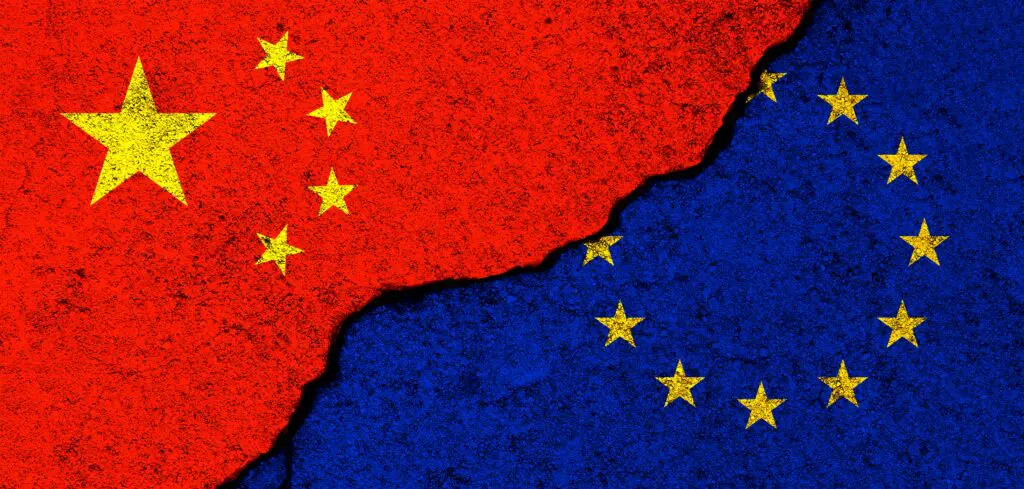
It is evident that the prospect of closer ties with France is very much on China’s radar—and understandably so, France’s trust would be an immeasurable boon to the extension of China’s influence through Europe and the curtailing of the U.S.’s influence.

His philosophy of history was unquestionably revolutionary, but Kojève was a conservative. The essence of his prescription for Europe remains relevant for today’s geopolitical, economic, and cultural struggles.
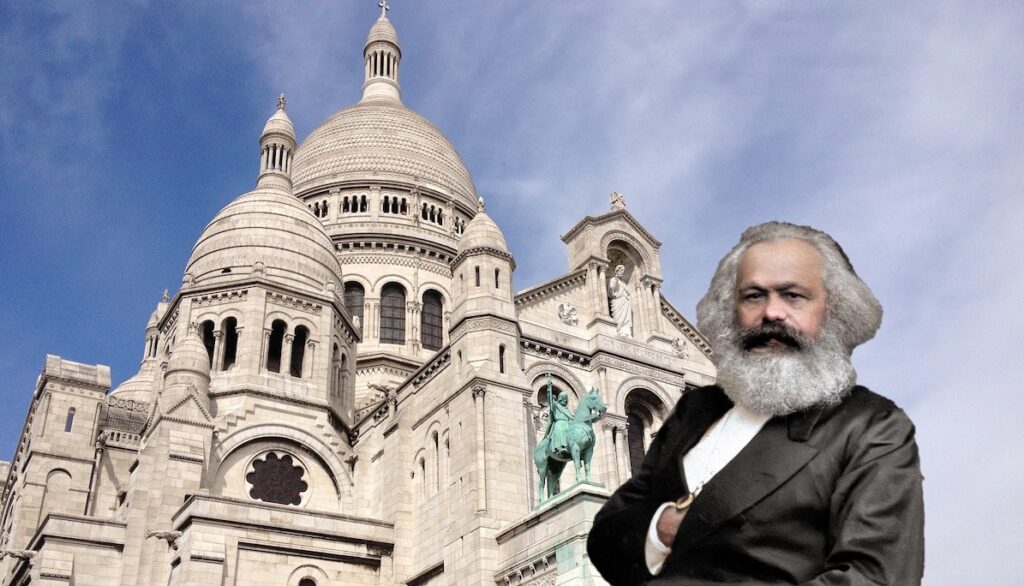
Few contemporary Marxists, and even fewer Catholic theologians, have delved deeply into any likenesses in their worldviews on a theoretical level.
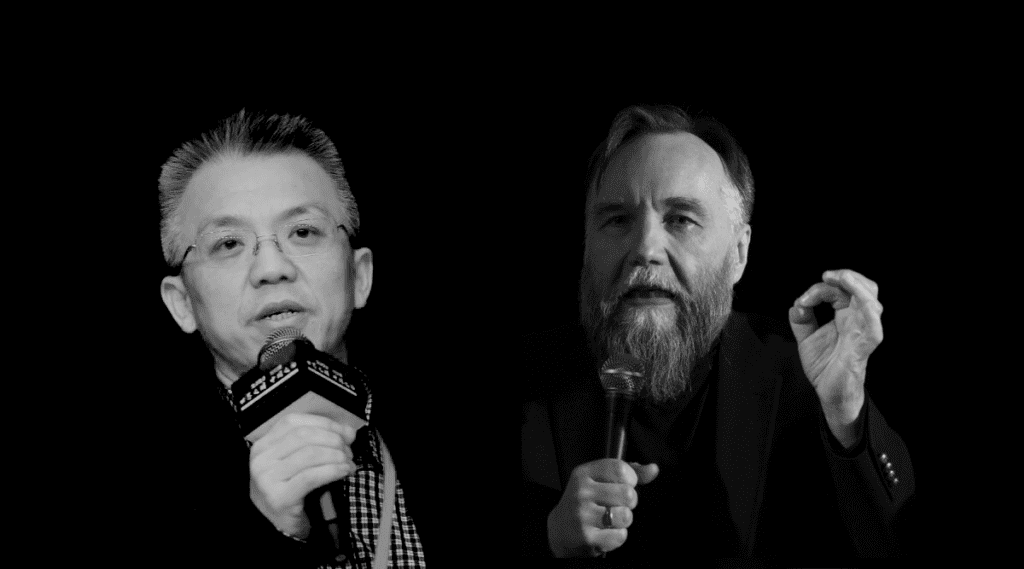
Russia and China conceive of the emerging multipolar world in different ways despite their substantial convergence in opposition to Western unipolarity.
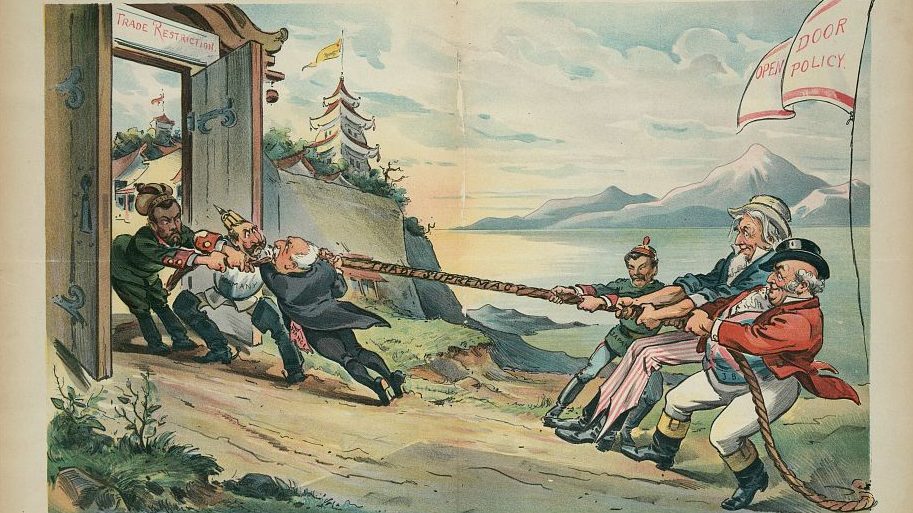
Like the world which Kojève observed in 1945 and again in 1957, ours is a world of great powers vying for global dominance.
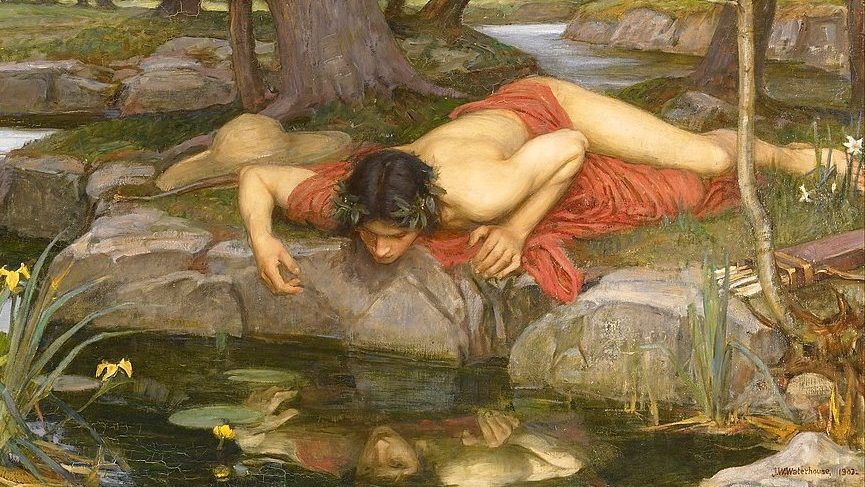
Only a society of narcissists, concerned only with the endless accumulation of their own egos, would treat both the born and unborn as objects to be manipulated, consumed, and discarded in the process of ego-production.
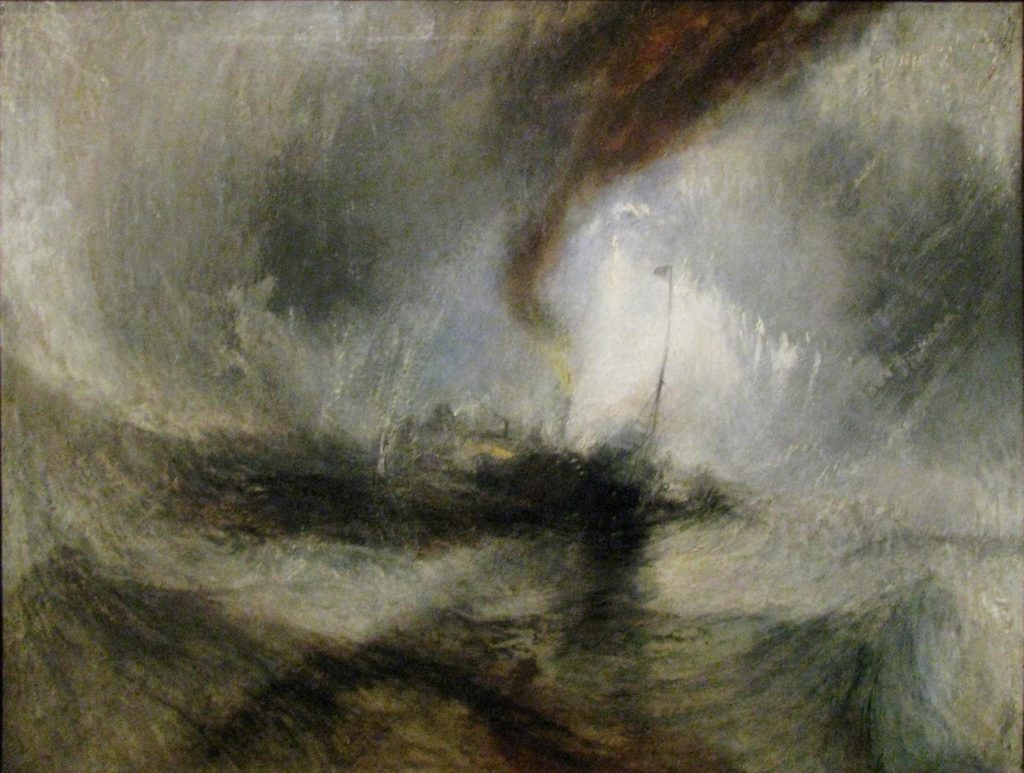
The God of Genesis may have promised never again to send a flood upon the whole earth; but he did not promise not to send capitalism.
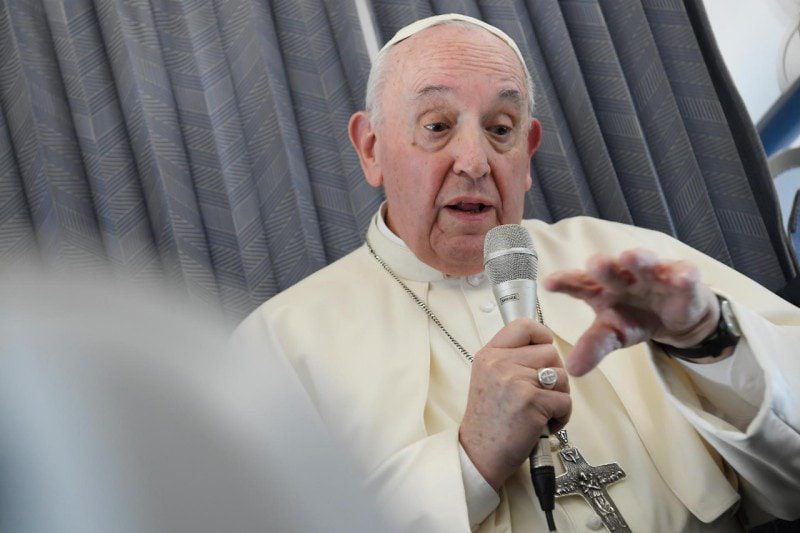
Pope Francis’ comments on the anachronistic and watered-down secularism of the modern EU suggest that the globalization of liberal ideology is little more than a form of ‘ideological colonisation’ that neither respects the cultural particularity of individual nations nor protects the openness of the public sphere to the worship of God.
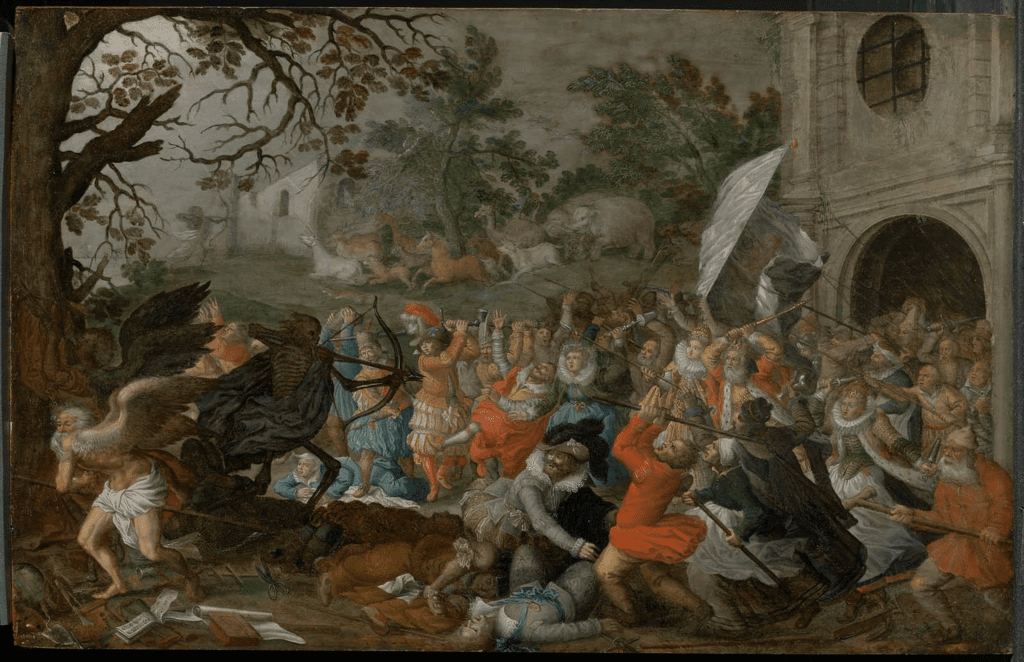
There is a path forward, but it is a narrow and tricky one that winds along the knife-edge between revolution and reaction.